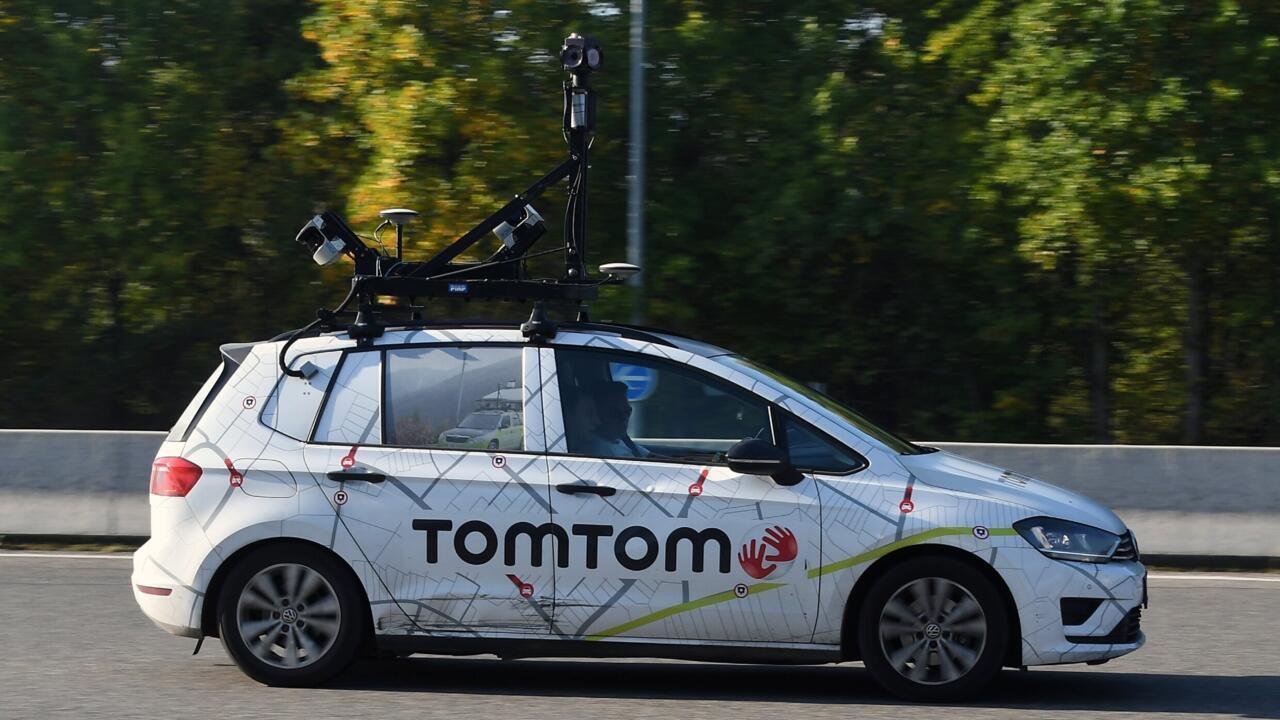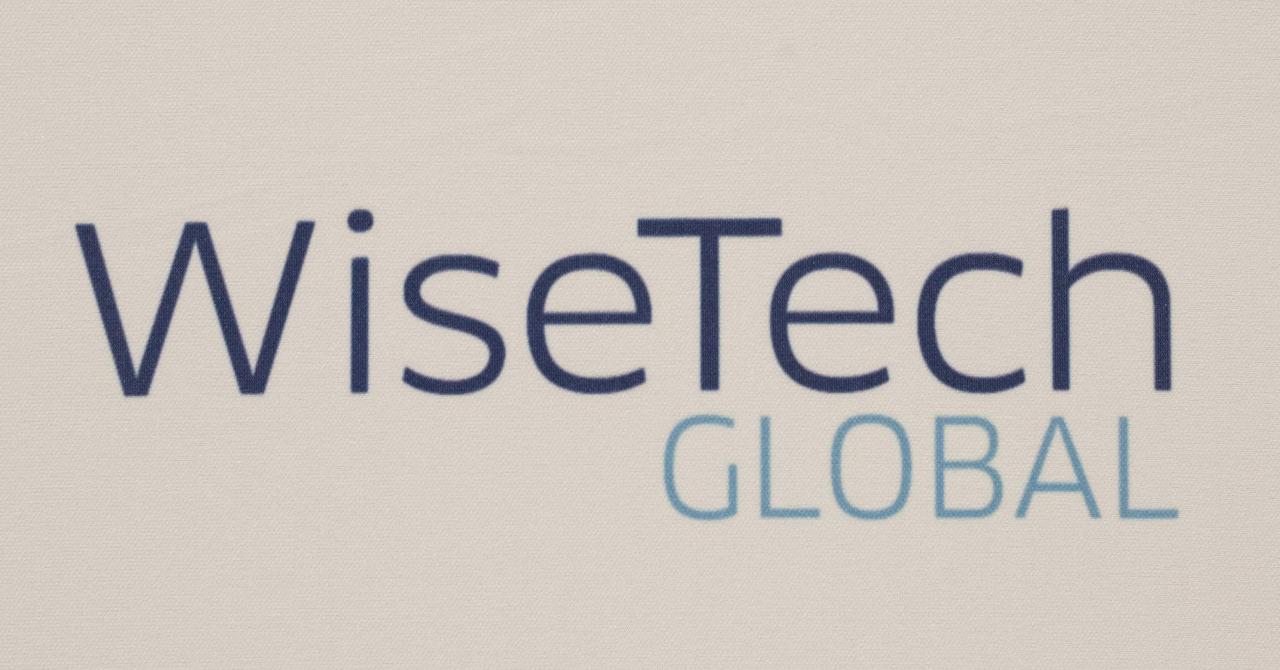TomTom Cuts 300 Jobs as It Embraces AI in Organizational Shift
2 Sources
2 Sources
[1]
TomTom to cut 300 jobs amid AI shift
June 30 (Reuters) - Dutch location technology company TomTom (TOM2.AS), opens new tab said on Monday it would cut 300 jobs as it realigns its organization and embraces artificial intelligence as part of its product-led strategy. The group said the staff reductions concern its units working on the application layer, as well as sales and support functions. Reporting by Mathias de Rozario in Gdansk, editing by Milla Nissi Our Standards: The Thomson Reuters Trust Principles., opens new tab Suggested Topics:Technology
[2]
'Embracing AI': TomTom cuts 300 jobs
The Hague (AFP) - Dutch car navigation firm TomTom said on Monday that it was slashing 300 jobs, roughly 10 percent of its workforce, as it seeks to stem financial losses and "embraces artificial intelligence". The Amsterdam-based company was an early pioneer of digital navigation in cars, but has been struggling as people no longer use a separate device to move around. TomTom announced in a statement that it was "realigning its organisation... as it embraces artificial intelligence", resulting in "organisational changes". These changes would affect "certain roles in the units working on our application layer, and in our sales and support functions, resulting in a reduction of 300 roles," the firm said. The company employs around 3,600 people worldwide. TomTom forecasts a drop in sales from 574 million euros ($674 million) in 2024 to 505-565 million this year. Chief executive Harold Goddijn told investors in April that trade tensions resulting from US President Donald Trump's tariffs made the short-term outlook for the firm "less predictable". However, he said that he remained "confident in our long-term trajectory".
Share
Share
Copy Link
Dutch navigation company TomTom announces 300 job cuts as part of its strategy to incorporate artificial intelligence and realign its organization, affecting various departments including application development, sales, and support functions.
TomTom's Strategic Shift Towards AI
Dutch location technology company TomTom, once a pioneer in digital car navigation, has announced a significant organizational restructuring that includes cutting 300 jobs as it pivots towards embracing artificial intelligence (AI) in its product strategy
1
. This move, affecting approximately 10% of its global workforce of 3,600 employees, marks a crucial turning point for the company as it grapples with changing market dynamics and technological advancements2
.Impact on Workforce and Departments
The job cuts are primarily focused on units working on the application layer, as well as sales and support functions
1
. This realignment reflects TomTom's shift towards AI integration in its core operations, potentially signaling a move away from traditional navigation services towards more advanced, AI-driven solutions.Financial Outlook and Market Challenges
TomTom has been facing financial headwinds, with the company forecasting a drop in sales from 574 million euros in 2024 to between 505-565 million euros in the current year
2
. The company's struggle can be attributed in part to the declining use of standalone navigation devices, as consumers increasingly rely on smartphone apps and built-in car navigation systems.
Source: Reuters
Related Stories
Strategic Vision and AI Integration
By embracing AI, TomTom aims to revitalize its product offerings and maintain its relevance in the rapidly evolving navigation and location technology market. CEO Harold Goddijn, while acknowledging short-term uncertainties, expressed confidence in the company's long-term trajectory
2
. This strategic pivot towards AI could potentially open up new avenues for innovation and growth in areas such as autonomous driving, smart city solutions, and advanced mapping technologies.
Source: France 24
Industry Context and Future Implications
TomTom's decision to cut jobs while focusing on AI integration reflects a broader trend in the tech industry, where companies are increasingly leveraging AI to streamline operations and enhance product capabilities. This move could potentially position TomTom to compete more effectively with tech giants and startups that are heavily investing in AI-powered location and navigation technologies.
As TomTom navigates this transition, the success of its AI integration strategy will be crucial in determining the company's future in the competitive landscape of location technology and digital mapping services. The coming months will likely reveal more about how this strategic shift translates into new products and services, and whether it can help TomTom regain its footing in an industry it once dominated.
References
Summarized by
Navi
[1]
[2]
Related Stories
WiseTech Global Announces Job Cuts Amid AI-Driven Efficiency Push
23 Jul 2025•Business and Economy

Indeed and Glassdoor Cut 1,300 Jobs Amid AI Integration and Consolidation
11 Jul 2025•Business and Economy

HP Announces Major Workforce Reduction as Company Pivots to AI-Driven Operations
26 Nov 2025•Business and Economy

Recent Highlights
1
ByteDance's Seedance 2.0 AI video generator triggers copyright infringement battle with Hollywood
Policy and Regulation

2
Demis Hassabis predicts AGI in 5-8 years, sees new golden era transforming medicine and science
Technology

3
Nvidia and Meta forge massive chip deal as computing power demands reshape AI infrastructure
Technology





